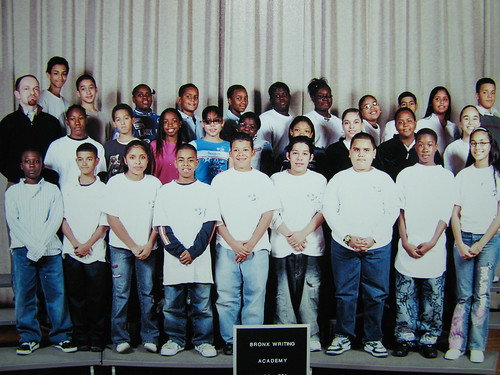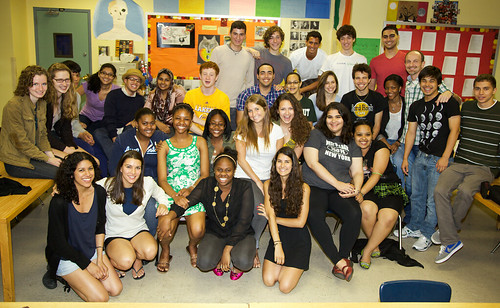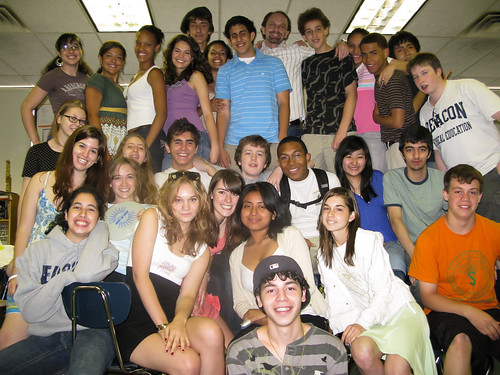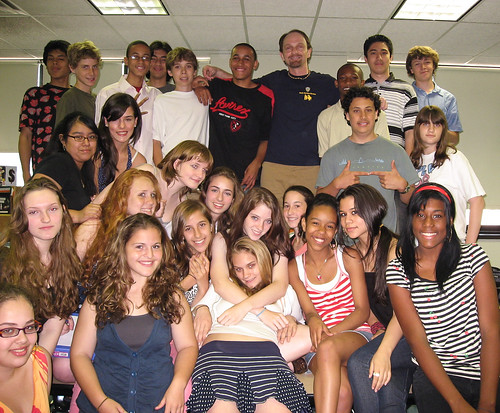Hello folks! The first week is almost in the books. If all goes as planned, I will see you on Monday and this class really begins! It is imperative that you have taken care of all responsibilities by then. This includes:
- Registered for the website
- Posted a response in the Welcome thread on the class forum
- Completed the in-class writing assignment
- Read the course syllabus
- You should have supplies for the class
- All handouts: (Literary terms, Where Are You Going, Annotating Guide, Bell Jar Poetry Unit)
Tomorrow, you will do the following:
Day 5: Where Are You Going, Where Have You Been? Discussion
(15-20 minutes) In small groups of four, discuss what you annotated and WHY?
(10-15 minutes) Whole group share.
(10 minutes) Individual Writing: What is the primary theme of the short story and how does Oates use conflict to shape that theme?
(10-15 minutes) Back to small group discussion. Share your thoughts on theme.
HW:
- The Bell Jar Unit Poetry: As part of The Bell Jar unit, we will read selections from Emily Dickinson, Anne Sexton, and Sylvia Plath. Tonight, print the handout and be sure to bring it to class tomorrow.

















































You must be logged in to post a comment.